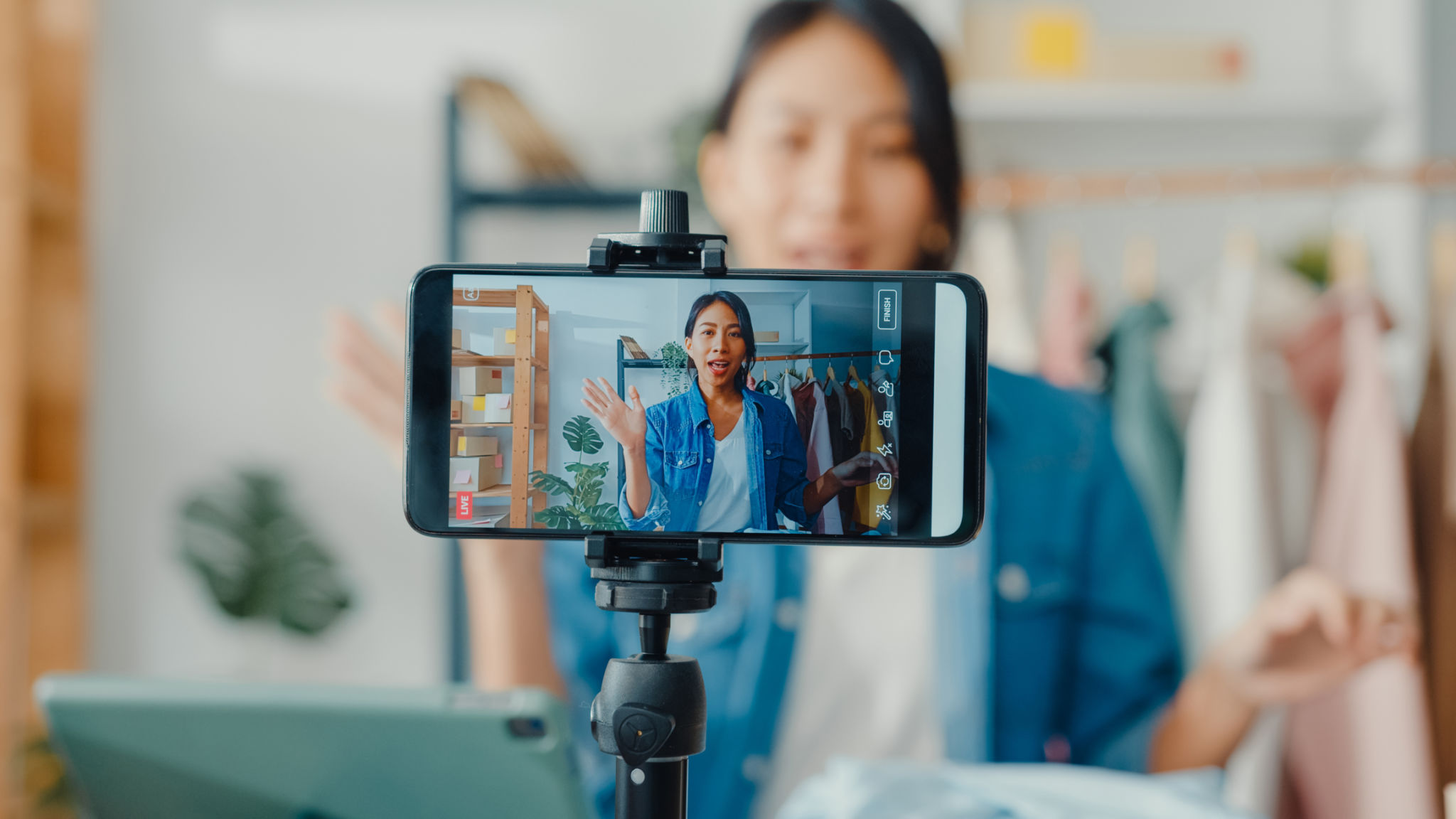Top Trends in Marketing: How Agencies Are Adapting to Digital Shifts
Embracing AI and Automation
In recent years, the integration of AI and automation has revolutionized the marketing landscape. Agencies are leveraging these technologies to streamline processes, enhance targeting, and deliver personalized content at scale. By automating repetitive tasks, marketers can focus more on strategic planning and creative execution, leading to more effective campaigns.

AI-powered tools are being used to analyze consumer behavior, predict trends, and optimize ad placements. This data-driven approach ensures that marketing efforts are not only efficient but also highly relevant to the target audience. As a result, agencies are seeing improved ROI and customer engagement.
The Rise of Influencer Marketing
Influencer marketing continues to be a powerful strategy for reaching audiences in an authentic way. Agencies are now focusing on building long-term partnerships with influencers who align with their brand values. This shift from transactional relationships to genuine collaborations helps in creating trust and loyalty among consumers.
Moreover, micro-influencers are gaining traction due to their highly engaged followers. These niche influencers often have a more dedicated audience, leading to higher conversion rates and stronger brand advocacy. Agencies are utilizing this trend to tap into specific communities effectively.

Personalization at Scale
With advancements in data analytics, personalization has become a key focus for marketers. Consumers today expect tailored experiences, and agencies are employing sophisticated analytics tools to meet these expectations. By understanding customer preferences and behaviors, marketers can create customized content that resonates with individual users.
However, achieving personalization at scale requires a strategic approach. Agencies are investing in technology that enables them to segment audiences accurately and deliver relevant messages across multiple channels. This ensures that every interaction feels personal and engaging.

Video Content Dominance
Video content continues to dominate the digital landscape, with platforms like YouTube, TikTok, and Instagram leading the charge. Agencies are adapting to this trend by creating engaging video content that captures attention quickly. From short-form videos to live streams, dynamic content is proving to be a powerful tool for storytelling and brand building.
The immersive nature of video allows brands to connect with audiences on an emotional level. As a result, agencies are prioritizing video in their marketing strategies and investing in high-quality production to stand out in a crowded market.
Sustainability and Social Responsibility
Today's consumers are increasingly concerned about environmental impact and social issues. Marketing agencies are responding by emphasizing sustainability and corporate social responsibility in their campaigns. Brands that showcase their commitment to ethical practices resonate more with conscientious consumers.
This trend goes beyond mere messaging; it involves genuine actions such as sustainable packaging, ethical sourcing, and transparent communication. Agencies are helping brands navigate these complex issues while maintaining authenticity and integrity.

Omnichannel Marketing Strategies
In an era where consumers interact with brands across multiple platforms, omnichannel marketing has become essential. Agencies are developing strategies that ensure a seamless experience for customers regardless of the channel they use. This integrated approach not only enhances customer satisfaction but also strengthens brand consistency.
An effective omnichannel strategy involves understanding the customer journey and creating touchpoints that guide them smoothly from one platform to another. Whether it's through social media, email marketing, or in-store promotions, agencies are crafting cohesive narratives that drive engagement at every step.
